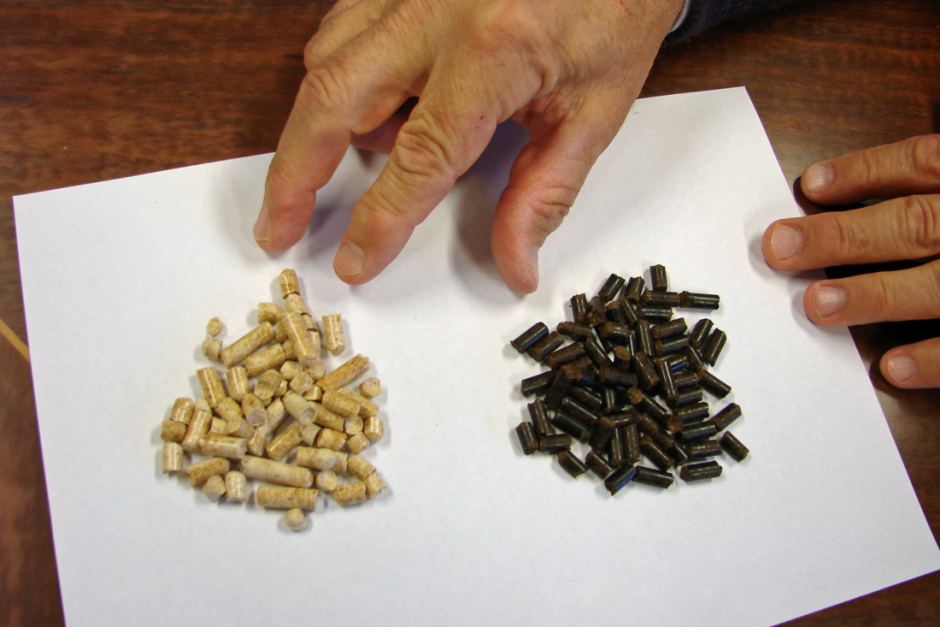Tech news
Black tablets can successfully replace fossil coal
Black pellets can successfully replace fossil coal. Biomass sintering is a thermal process used to produce high grade solid biofuels from various wood biomass streams or agricultural by-products.

The end product is a stable, homogeneous, high-quality solid biofuel with a much greater energy density and calorific value than the starting material. This offers significant logistics, handling and storage benefits. It also opens up a wide range of potential applications for biomass.
MỤC LỤC
Biomass conversion to create black pellets
Biomass combustion involves heating biomass to temperatures between 250 and 320 degrees Celsius in a low-oxygen environment. When the biomass is heated at such a temperature, the moisture evaporates and the various low calorific components (volatile matter) contained in the biomass are expelled.
During this process mainly the hemi-cellulose in the biomass is decomposed. This turns biomass from low-quality fibrous fuels into a product with excellent fuel properties.
Typically, fusing results in a mass loss (dry basis) of 20-30% and an energy loss of 10-15%. To make a biomass fusing plant economically viable, it is crucial to utilize the energy released in the volatiles.
This can be done by burning volatiles (torgas) in a lean gas burner. The furnace can provide heat for the drying and firing process. When the input material has a moisture content of 35-45%, the fusing process can be run by automatic heat. At higher mopisture concentrations additional fuel is needed to generate all the energy required for the drying process.
The most modern biomass fusing technologies can ignite the torgas and control the fusing process in such a way that the energy released in the torgas does not exceed the energy required for drying and fusing.
Benefits of black pellets compared to regular wood pellets
- Higher calorific value
- More homogeneous product
- Bulk density is higher
- Excellent grinding ability
- Greater durability
- Hydrophobic/water resistant nature
- No biological activity
The biomass compaction process produces premium biofuels that can be used as an alternative to coal in power and heat generation. Compressed biomass can also be used as an input for gasification processes in the production of high-value biofuels and chemicals.
Black tablets can successfully replace fossil coal
Crush and burn like coal – can use existing coal infrastructure
Reduce the cost of raw materials
Reduce shipping and handling costs
Reduce the minimum rating of the power plant
Uninterrupted supply of renewable energy
Lower sulfur and ash content (compared to coal)
Contact for details
For any need for advice, please contact Tel (Zalo): 094 110 8888 or SUNSAY we will support in the most detailed way. .



